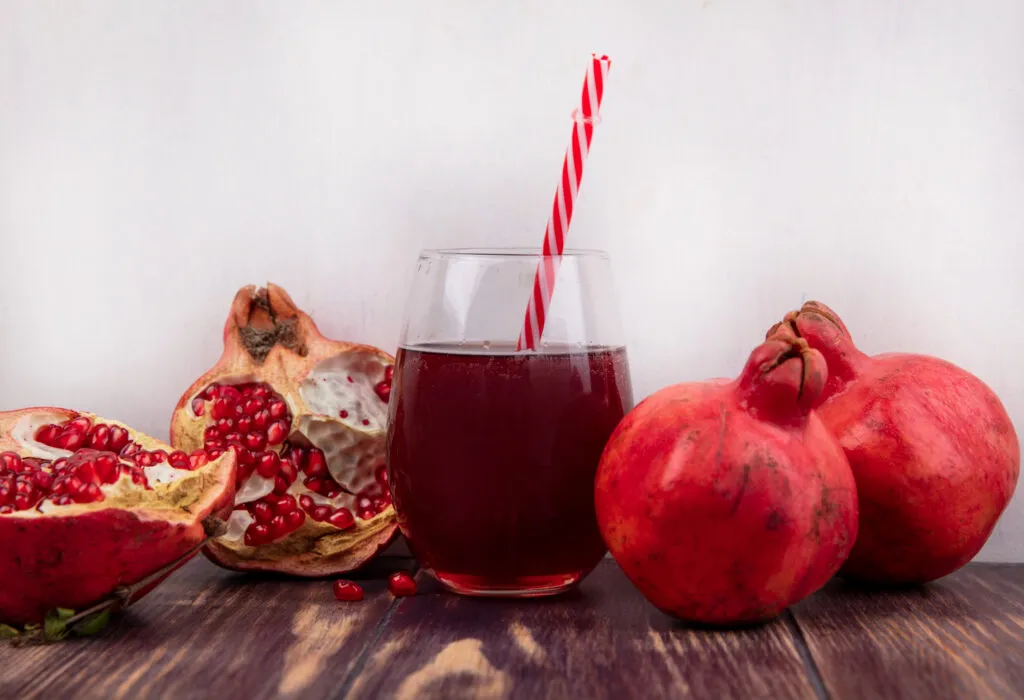Several investigations carried out so far have found a relationship between our intestinal health and the risk of suffering from mental health disorders such as depression. We know that depression is a multifactorial disease, so many variables must be addressed, but taking care of our intestine and its microbiota can be an important key to, at least, reducing the risk.
New research , published at the end of December, finds that higher fiber consumption in our diet could be related to a lower risk of depression. They find that this relationship seems especially important in premenopausal women.(1)
This is how junk food brings you closer to depression.
High Dietary Fiber Intake May Be Linked to a Lower Risk of Depression.
To carry out this research, they had almost 6,000 women of different ages in whom the relationship between fiber consumption and depression in relation to menopause was evaluated. Participants’ fiber intake was assessed and depression levels were assessed using the Patient Health Questionnaire-9 scale.

The results found an inverse association between fiber consumption and levels of depression, especially in premenstrual women, after adjusting for other variables.
Another thing they found in this research is that this relationship between fiber and depression could be explained by the interaction between the intestine and the brain. Fiber consumption would improve and enrich our intestinal microbiota.
It must be taken into account that this study was carried out only in women and that it is an observational study, so a causal relationship cannot be established . In any case, it is new evidence that taking care of our intestinal health can have more benefits than purely physical ones.
Bottom Line.
Emerging research suggests a ability link between high dietary fiber consumption and a reduced risk of despair. While extra studies are needed to completely recognize this connection, incorporating fiber-wealthy foods into one’s food plan might also provide benefits beyond bodily fitness, potentially contributing to better intellectual nicely-being. This underscores the importance of a balanced food plan in promoting overall health, each physically and mentally.
+1 Source
FitnessQuora has strict sourcing guidelines and relies on peer-reviewed studies, educational research institutes, and medical organizations. We avoid using tertiary references. You can learn more about how we ensure our content is accurate and up-to-date by reading our editorial policy.
- Inverse association between dietary fiber intake and depression in premenopausal women: a nationwide population-based survey; https://journals.lww.com/menopausejournal/abstract/2021/02000/inverse_association_between_dietary_fiber_intake.8.aspx

 Workout
Workout
 Meditation
Meditation





 Contact Us
Contact Us















